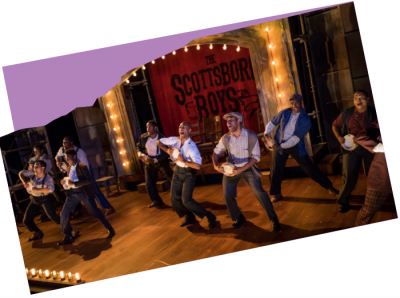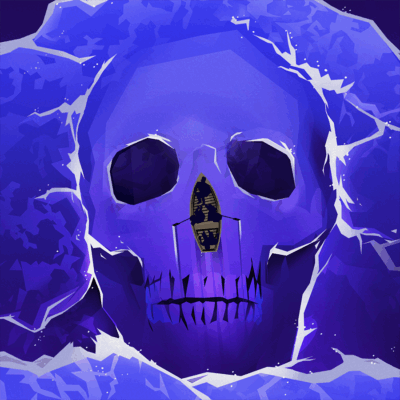Your donation sets the stage for a new season of Boston's most intimate, entertaining and provocative plays and musicals. Our shows make powerful connections with our audiences-- and they are only possible because of you.
“I Love a Rebel”
“I Love a Rebel”
“I Love a Rebel”
 Tell us about the play Other Desert Cities. What’s the story?
Tell us about the play Other Desert Cities. What’s the story?What about this play attracted you to sign on as director?
I love the play’s ethical questions, its sense of humor (“This water needs vodka for flavor”) and the emotional viciousness of the characters.
Tell us a little bit about playwright Jon Robin Baitz.
We’re the same age, so I understand his cultural frame of reference. He’s smart, moral, ambitious, imperfect, droll, sensitive, Jewish, gay, dangerous… basically all of my favorite qualities in an artist.
Have you ever visited Palm Springs?
Once. I was there last year when SpeakEasy sent me the script for consideration. I read it while lounging poolside.
Talk a little bit about the importance of this city as the setting for this particular story.
Brooke’s memoir exposes the truth behind the façade of her All-American family. Palm Springs has a glamorous but artificial quality to it – much like Las Vegas. Brooke calls it “surreal.”It’s also a very privileged city which was the mecca of old Hollywood and the Republican Party. The parents in the play are part of that political-economic-social set.
What does the title of the play mean to you?
It is an actual road sign. You can drive to Palm Springs or turn off to “other desert cities.” It’s the road not taken, the destination as a question mark. Also, the play takes place just after the fall of Baghdad, so there is the echo of that other desert city.
Who is the real hero of the story? Is there one?
I think Brooke is heroic. Any person who wants to tell the truth and dares to confront the disapproval of one’s family is, to me, heroic. She tries to take down her parents and the whole the Republican Party with one book. And she finds that’s not so easy. I love a rebel.
In your opinion, does the Reagan-era influence still hold sway and relevance?
Very much so. The (fictional) Wyeth parents were friends with the Reagans, and their stories and beliefs have parallel elements. There was something romantic, wholesome, and deceptive about Reagan’s vision of “morning in America” that was appealing to many people – and still is for some.
Is the play political?
Very. But it’s not preachy. The liberal and conservative values of the characters are embedded into their love-hate relationships with one another. It’s like “Arrested Development” crossed with “Meet the Press.”
Does it fit with today’s politics?
Absolutely. In looking at the wounds of the past – for this family and for the “American Family,” Baitz tries to get at the source of our divided red and blue states. What happened to American between Vietnam and Watergate that changed our culture irrevocably? Can we ever repair that divide? Sometimes it seems that politicians would rather lose everything than make a compromise. This family is the same way.
Where does the humor in the play come from?
For the Wyeths, secrets are currency, but so is wit. They like to spar verbally. It’s like a tennis game or chess match. Part of the fun is watching their whip-smart badinage.
Tell us a little bit about the cast. You have a powerhouse line-up.
I do. This is a cast with stage and screen credits from Broadway to Hollywood. Some of Boston’s finest and some new faces too. They have tremendous acting chops and make moments onstage that are hilarious or heart-breaking or both at the same time. It’s an actor’s play, and they all get to shine.
Is there one thing that you are most concerned with “getting right” about this production?
I no longer think in terms of “right” when it comes to art, but I do care about getting to the truth. I would love for the audience to be wildly entertained by the production and yet full of questions in the end. Questions about themselves, their families, and this country. Is that achievable?
Is there a fun fact about this production you can share?
Brooke’s memoir is called “Love and Mercy.” That was the play’s original title, and it comes from a Brian Wilson song: “Love and mercy that’s what we need tonight.”
 Past Productions
Past Productions The Antiquities
The Antiquities Swept Away
Swept Away




